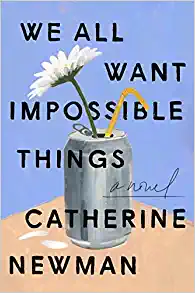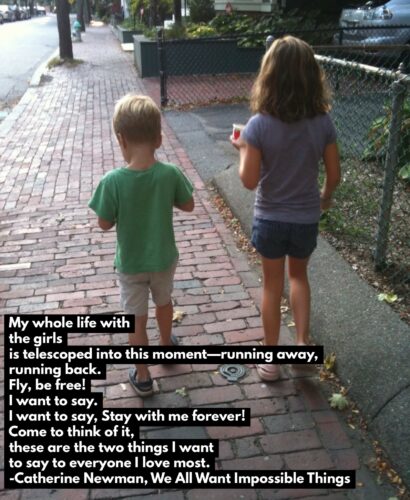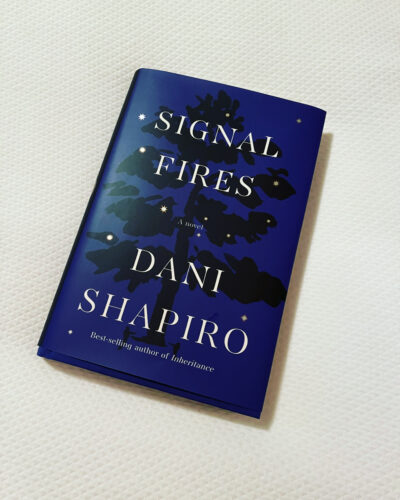Sometimes a book says things that are in my heart, puts words to things I have felt but been unable to express. Enchantment by Katherine May is such a book.
“We are a forgetful species, obsessed with the endless succession of tasks that hover over our days, and negligent of the grand celestial drama unfolding around us. And here I am, remembering.”
“Slowly and slyly it had crept into me, this conviction of . . . what? That something is there, something vast and wise and beautiful that pervades all of life. Something that is present, attentive, behind the everyday. A frequency of consciousness at the low end of the dial, amid the static. A stratum of experience waiting to be uncovered.”
“The act of seeking attuned my senses and primed my mind to make associations. I was open to magic. and I found some, although not the magic I was looking for. That’s what you find over an over again when you go looking: something else.”
I think I’m beginning to understand that the quest is the point. Our sense of enchantment is not triggered only by grand things; the sublime is not hiding in distant landscapes. The awe-inspiring, the numinous, is all around us, all the time. It is transformed by our deliberate attention. It becomes valuable when we value it. It becomes meaningful when we invest it with meaning. The magic is of our own conjuring. Hierophany—that revelation of the sacred—is something that we bring to everyday things, rather than something that is given to us. That quality of experience that reveals to us the workings of the world, that comforts and fascinates us, that ushers us towards a greater understanding of the business of being human: it is not in itself rare. What is rare is our will to pursue it. If we wait passively to become enchanted, we could wait a long time. But seeking is a kind of work. I don’t mean heading off on wild road trips just to see the stars that are shining above your own roof. I mean committing to a lifetime of engagement: to noticing the world around you, to actively looking for small distillations of beauty, to making time to contemplate and reflect. To learning the names of the plants and places that surround you, or training your mind in the rich pathways of the metaphorical. To finding a way to express your interconnectedness with the rest of humanity. To putting your feet on the ground, every now and then, and feeling the tingle of life that the earth offers in return. It’s all there, waiting for our attention. Take off your shoes, because you are always on holy ground.




 I’ve written holiday book roundups for a lot of years –
I’ve written holiday book roundups for a lot of years –